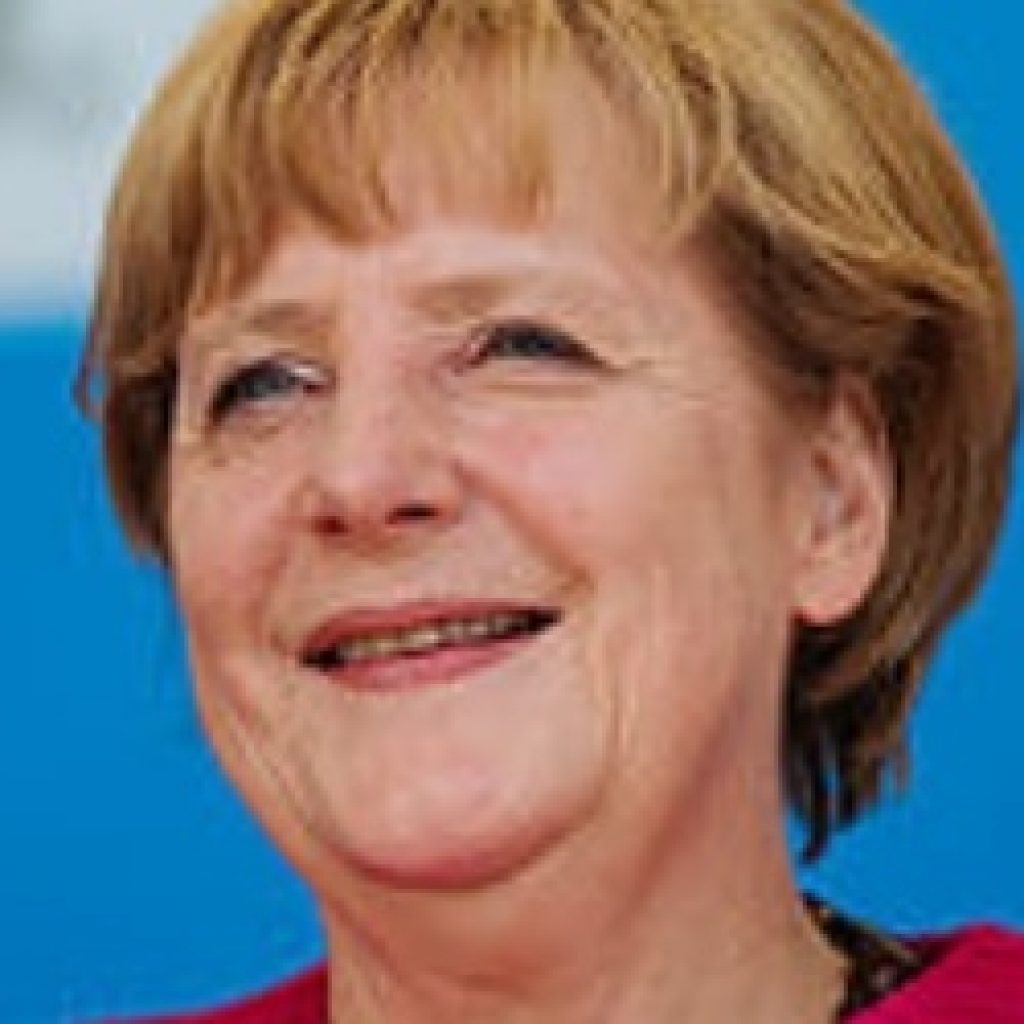(IBM-Research) Chancellor Angela Merkel referred to unveiling of the Europe’s most powerful quantum computer, IBM Quantum System One, “an excellent flagship for Germany as a location for high tech,” while IBM CEO Arvind Krishna called it “a watershed moment that will greatly benefit German business, industry and society.” And leaders of German businesses lined up to express their hope that quantum computing would transform their future.
The home of IBM Quantum System One is in Ehningen, Baden-Württemberg, but it is clear the ripple effect will be felt much further away. Martin Jetter, Chairman IBM Europe, Middle East & Africa, said that the confluence of business, research organisations and government would make a significant contribution to the future of computing in Germany and throughout Europe. Professor Reimund Neugebauer, President of Fraunhofer-Gesellschaft, called the project “a model to establish technological sovereignty in the international innovation field that is very competitive.”
At the launch event, they discussed the catalyst effect of IBM Quantum System One across a range of areas — number one being building the necessary skills for our quantum future.
Hoffmeister-Kraut said that the training of experts in this ecosystem will be a big opportunity that the Baden-Württemberg state intends to seize.
She also cited a study showing that quantum technology could generate as much as 75 billion euros of economic value. As part of its strategy to grasp this opportunity, the German federal government has recently increased investment into quantum technologies by an additional two billion euros. Likewise, funding has also been committed by the state of Baden-Württemberg.
Riel explained that a major priority for quantum computing is to identify applications in industry domains where it can really help, beyond existing use cases for conventional computers. Representatives from the commercial sector agree — in fact, quantum applications are already part of the future plans of Bosch, Trumpf, BASF, BMW and Infinion.
For Riel, the launch of Quantum System One at Fraunhofer institute is the first dream for quantum having come true. Her next dream, she said, is to show the quantum advantage over conventional computers. In the not-too distant future that advantage would be put to good use for applications that benefit economy and society.
Quantum Computing a Game Changer for German Innovation with Installation of IBM Quantum System One at Ehningen, Baden-Württemberg
